The Ford Transit cargo van is a workhorse that can take on any task. It's been mentioned in regards to commercial use, but it also works well for camping! With its ability to fit up to 15 passengers and ample space for gear, the Transit is perfect for group trips. However, a vehicle is only as good as it runs. So what do you do if your Ford Transit isn't accelerating? Below we give the steps on how to troubleshoot the issue.
A Ford Transit cargo van may not be accelerating due to any of these issues:
- Obstruction in the engine compartment
- Bad battery
- Obstruction in intake hose
- Bad oil leak
- Faulty belt or hose
- Bad fuel pump
- Bad ignition
- Faulty fuel injectors
- A sensor is out (O2 Sensor)
- Bad throttle position sensor
Those are the main reasons that your Ford Transit van isn't accelerating. However, there could be several reasons why you are having issues with your vehicle. Nonetheless, keep reading as we discuss each of these possible reasons and how to address them.
[toc]
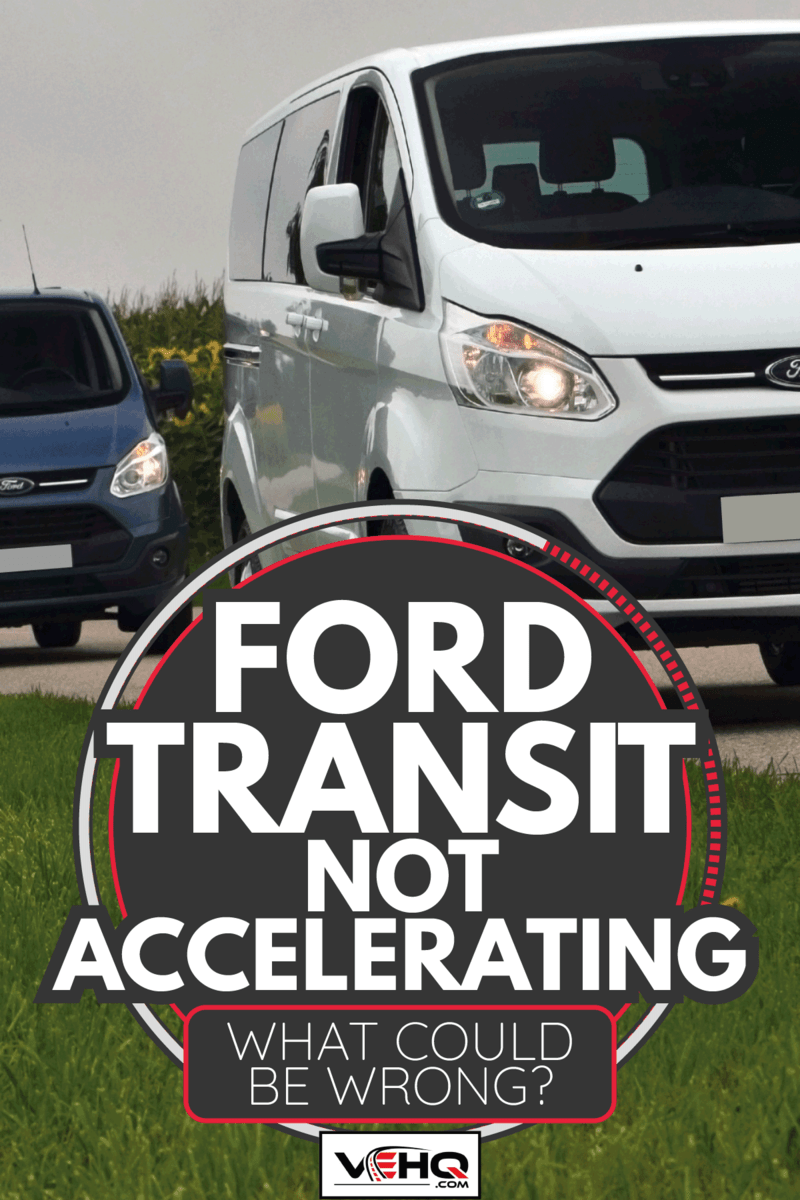
Ford Transit Not Accelerating- What To Do
The Ford Transit cargo van is a popular vehicle because of its versatility and capability to fit several passengers. However, like any vehicle, they can have mechanical issues. In this article, we discuss the common reasons why the Ford Transit isn't accelerating properly.

Obstruction in the engine compartment
If your engine bay is filled with dirt, trash, leaves, or anything else, then it might be causing a lack of airflow. This can cause issues with the fuel mixture as there isn't enough air to combust for maximum power. Also, if you are constantly experiencing issues with the van accelerating, it is a good idea to clean out your engine bay. It is also important to ensure that your air filter has been checked since this can cause speed issues.
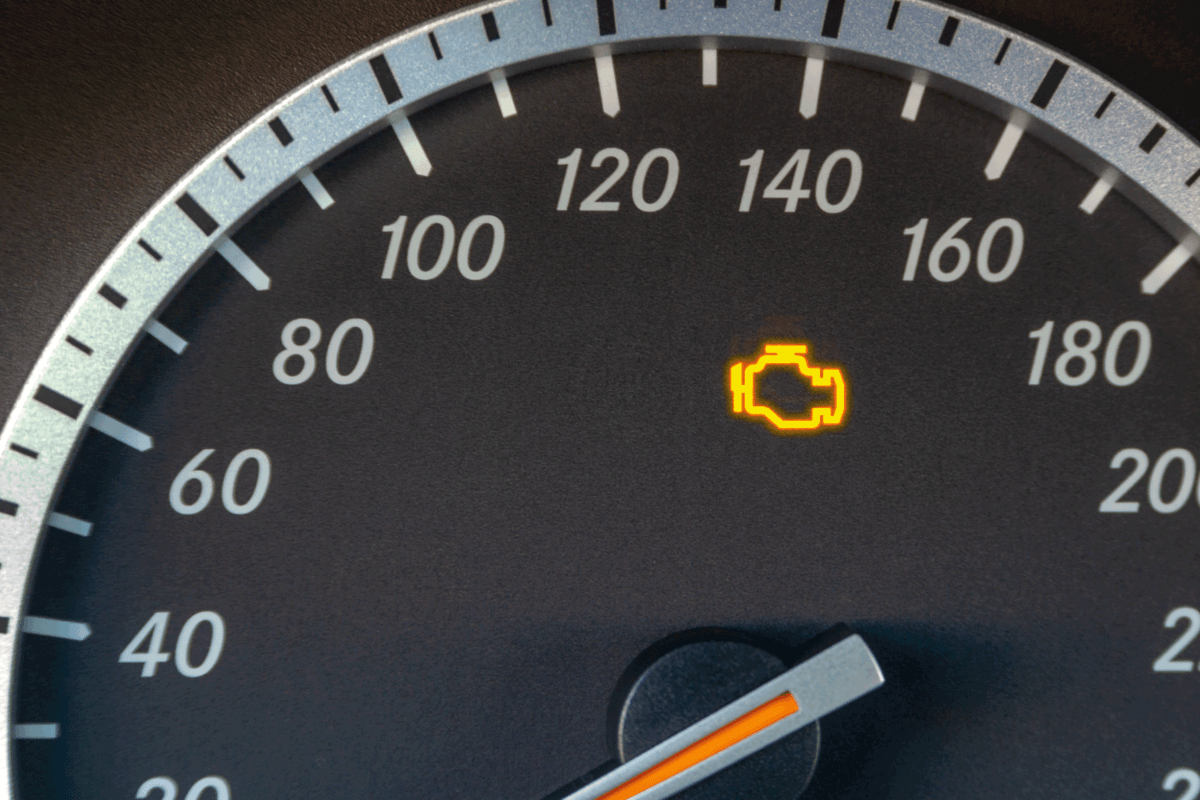
Bad Battery
If your battery is dead or dying, it can cause your van not to accelerate properly. The battery powers almost everything in an engine compartment, such as the fuel system, the lights, and even the air conditioning. Without a good charge, you will not get full power from any of these components. Always make sure that you keep your battery charged by checking the charging system now and then to ensure that your battery is at full power.
Obstruction in the intake hose
If there is anything in your intake hose that leads from the air filter housing to the throttle body, you might experience problems with acceleration. The intake hose is the pathway to the air filter housing. To clear this obstruction, you need to remove your engine cover and carefully check for any debris or objects clogging up your intake into the air filter housing. You also want to make sure that there isn't any moisture in the hose due to corrosion.
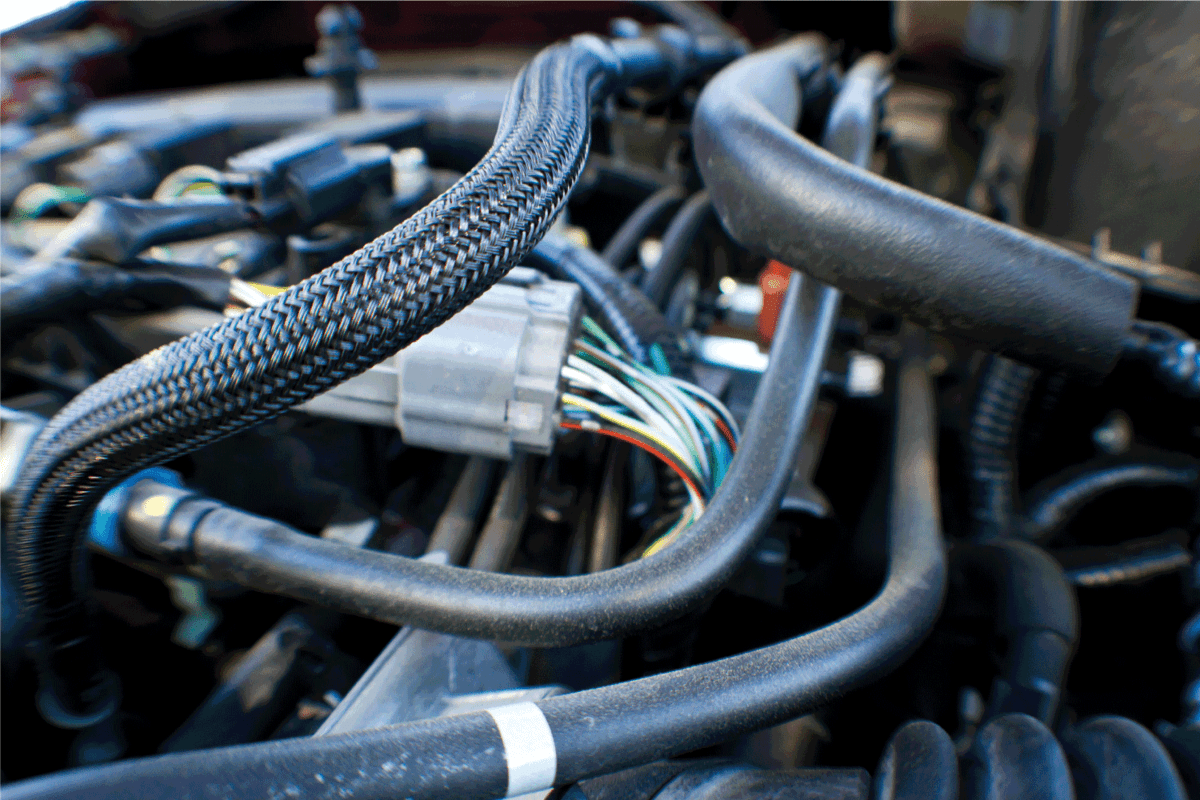
Oil leak
A lack of oil can cause your engine to fail and not run properly. This will require replacing the leaking part or gasket to fix the issue. If you have an engine lacking this vital component, it's a good idea to get it fixed as soon as possible. You can do this by checking for any leaks coming from the valve cover, oil pump, or even the oil pan gasket.
The oil leak can also have an impact on the acceleration because of poor lubrication. You can increase the longevity of your engine and reduce the chances of this issue arising by keeping your vehicle maintained. A good rule to follow is to change out your oil every 3,000-5,000 miles, depending on conditions and driving habits. If you are consistently having acceleration issues, then try changing it more often.

Faulty Belt or hose
Another possible reason your Ford Transit might not be shifting properly is a belt or hose failing. This can be detected by checking the radiator for leaks, the power steering pump if you hear squealing sounds, and looking at the hoses for signs of wear. You should also make sure that there aren't any loose bolts on the belts or hoses. If your belt is failing and slipping, then it can cause issues with acceleration.
As a rule of thumb, make sure you are getting regular maintenance on your vehicle. Your Ford Transit service should include automatic transmission fluid exchange with new filters for the transmission cooling system and air conditioning, as well as general engine diagnostics.
This means that your belts and hoses are getting replaced as well. Make sure that you give your vehicle a thorough check every once in a while for any leakage, noise, or wear. Taking care of your Ford Transit can help prevent common issues like this from occurring.
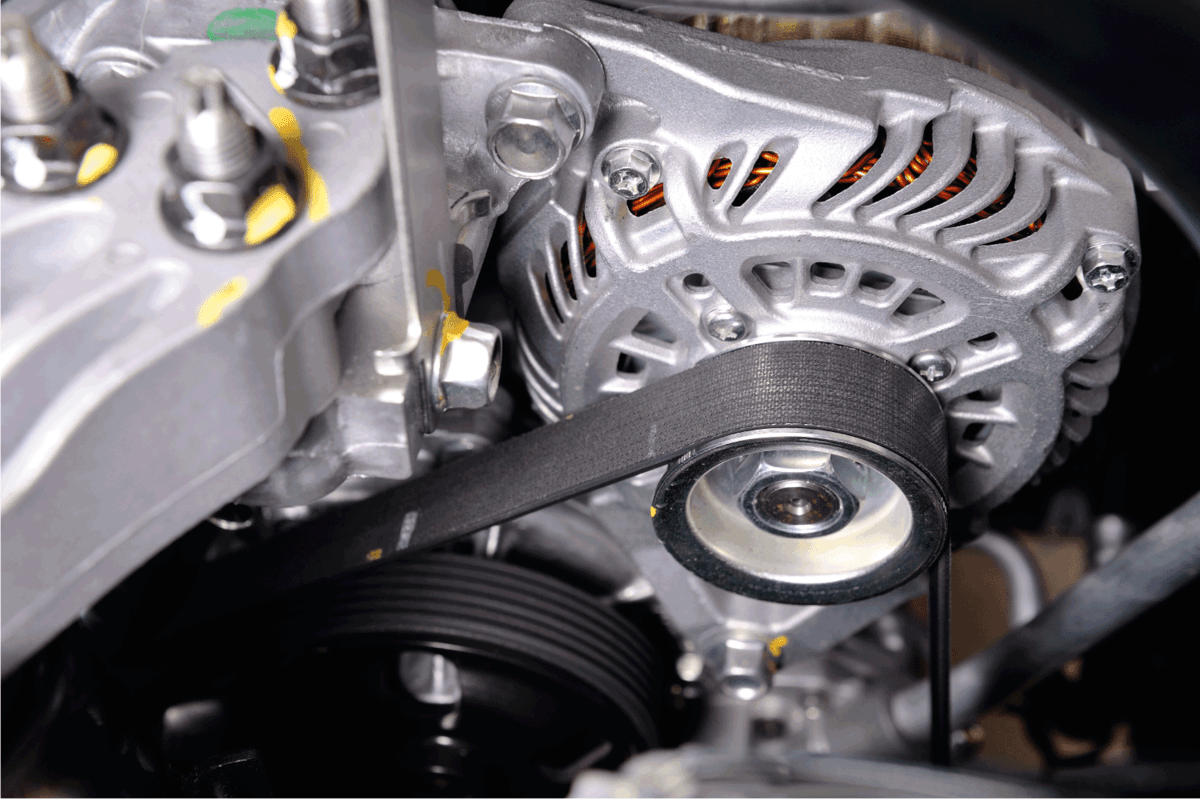
Fuel Pump Issue
Your Ford Transit could also be having problems with accelerating if the fuel pump is failing. The fuel pump is a vital component that moves the gasoline from your gas tank to the engine's carburetor or fuel injection. If this piece of equipment fails, it can cause issues with acceleration and stalling out due to lack of fuel getting delivered through the system.
If you have a fuel pump issue, you will need to replace it before making more long-distance trips. It is also important to make sure that your gas cap isn't loose, as this can prevent the fuel pump from drawing in enough gasoline for optimal performance.
Bad ignition
If your engine doesn't start after a bad night out or a long road trip, you might want to check the ignition. You can do this by making sure that your battery is charged up and clean. You should also make sure that there aren't any corroded wires or connectors in the system as this could prevent electricity from getting sent through your engine's components for starting. Remember to always disconnect the negative cable from the battery before touching any wires or connectors.
You should also check things like your starter for any obvious issues and ensure that there aren't any loose cables moving around in the engine area. If you have ignition problems, you will need to get a new part installed by a qualified mechanic before driving again. Likewise, a bad wiring issue can cause engine issues, so you must pay attention to your mechanic's recommendations.
Faulty fuel Injectors
Another possible issue could be with the fuel injectors of your vehicle. If there are any faulty or clogged fuel injectors, it can impact how much gasoline is channeled into the combustion chamber, leading to problems with acceleration.
If you are having trouble with your fuel injectors, make sure that you promptly replace any faulty ones to avoid more serious damage to the engine.
A Bad Sensor (02 Sensor)
A bad sensor can also cause problems with acceleration. For example, some sensors like your oxygen (O2) sensor can be faulty and may not be performing as they should, preventing the engine from running at optimal performance.
Another possible reason you could have trouble accelerating is a faulty vacuum or air injection system on your Ford Transit. These systems are designed to prevent the engine from stalling. However, if they aren't working as they should, it can result in poor acceleration and possibly even stalling.
Bad Throttle Position Sensor
You can also have issues with acceleration if you have a bad throttle position sensor. The job of your throttle position sensor is to tell the engine when to fire, how much fuel to inject, and how quickly it should do this.
Additionally, if you have a faulty EGR valve or evaporative emissions system in your Ford Transit, it can also cause problems with acceleration as these systems are designed to help stop your engine from flooding or stalling.
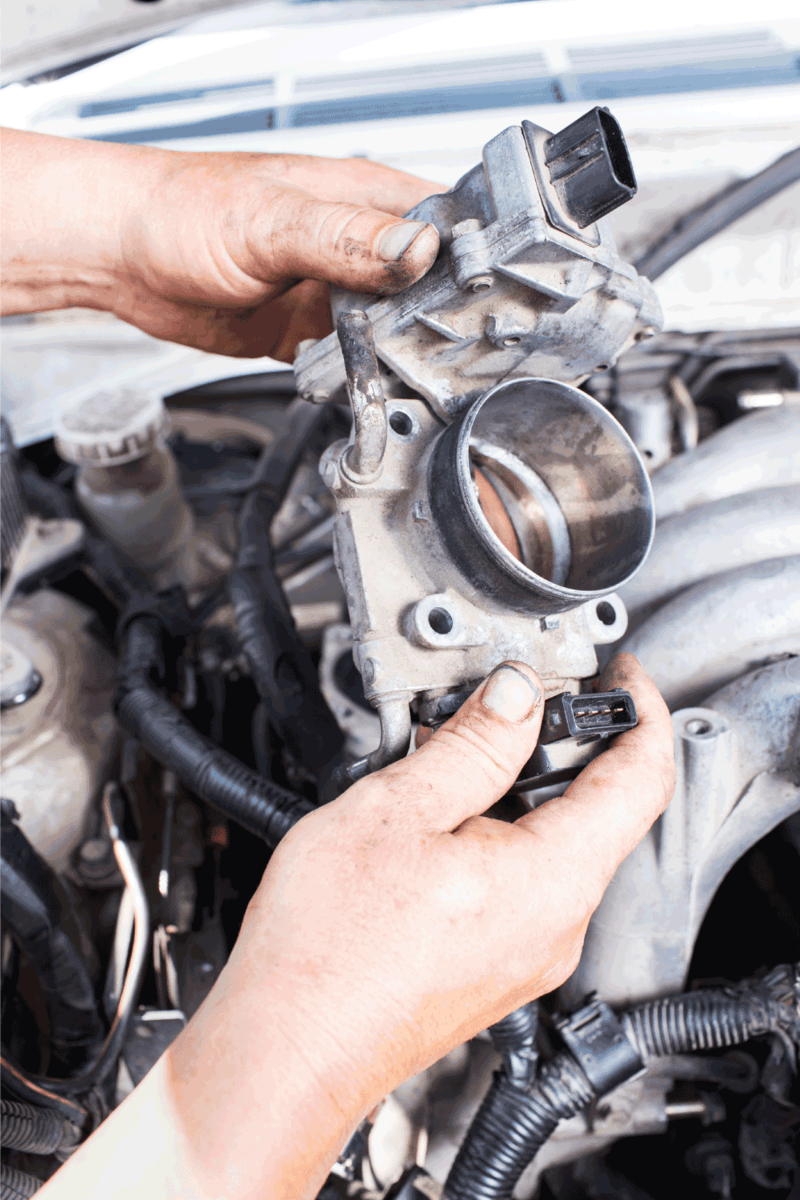
Why is my Ford Transit losing power?
If your Ford Transit is losing power, it could be due to several reasons, including the ones above. The best thing to do is follow the troubleshooting checklist we have given above, and if that doesn't work, then the best thing to do is see a mechanic. If you are losing power while driving, then for safety reasons, it is a good idea to pull the vehicle over into a safe place and wait for help.
What is an SCV on a Ford Transit?
An SCV is the Secondary Control Valve, a part of your vehicle's transmission that controls the lubricant flow within the unit. This valve aims to keep an even amount of oil flowing to all parts of the transmission. If this doesn't happen, there could be potential problems with your shifting ability and acceleration. This can also cause problems with your vehicle's overall health.
Why is my transit van in limp mode?
This limp mode usually indicates a problem with your transmission. If this occurs, you should seek the help of an expert technician to find out what is wrong. The limp mode may occur for several reasons, like an issue with your voltage regulator or if a wire has come loose or gone bad.
If you are in limp mode, you should see a mechanic right away to find out what is wrong, as this can be dangerous. Transmissions are complex machines, and this is why you must see a professional mechanic for help. Stay safe!
How do you reset the computer on a Ford Transit?
A computer reset is when a mechanic changes the vehicle's computer system settings to work correctly. For example, if you are having issues with acceleration, then this could be an effective way of correcting your problems as long as they aren't due to more serious problems like a sensor or ignition-related issues. A simple reset could be all you need to fix the problem.
What does wrench light mean on Ford Transit?
The wrench light could indicate a problem with your transmission. When the wrench light comes on, there is either an issue with your fluid levels or something wrong with your shifting mechanism.
You will want to get it checked out as soon as possible by a professional mechanic. If you have been having problems getting your vehicle into gear, then this may be the cause. See a mechanic right away to find out what is going on.
In closing

As we said before, the Ford Transit van is a great vehicle, but they can have issues like all vehicles. If you have tried troubleshooting all ten of the possible issues above and nothing works, then see a mechanic right away. Vehicles are complicated, and sometimes it's better to take them to a professional.
A good mechanic will see if there is anything serious going on with your Ford Transit. The best way to protect yourself and keep your vehicle in tip-top shape is by staying up to date with oil changes, tune-ups, and more.
If you liked this article on the Ford Transit, then you should also check out:
Do Ford Transit Vans Have Cruise Control?
How Big Is A Ford Transit Van?
Can You Flat Tow A Chevy Express Van?
Don't forget to leave us a comment below!
